A retrospective evaluation of phenobarbital-induced hematologic changes in 69 cats
76% of cats showed cytopenias with a reduction of at least one cell fraction.
Phenobarbital (PB) is used as a first-line treatment for recurrent epileptic seizures in cats. While hematologic abnormalities are well-known side effects of antiepileptic therapy with PB in humans and dogs, little is known about such alterations in cats. The aim of this retrospective study was to investigate the prevalence and clinical relevance of cytopenia during PB treatment in cats.
In this single-center, retrospective clinical study, 69 cats-with suspected idiopathic epilepsy admitted to the Small Animal Clinic of the University of Veterinary Medicine in Vienna (VMU)-were included. A complete blood count for each patient was performed, and changes in hematocrit, leukocytes, neutrophils, and thrombocytes were documented and graded.
Fifty-three out of 69 cats (76.8%) showed cytopenias with a reduction of at least one cell fraction during PB treatment. The most frequent change was neutropenia (60%), followed by leukopenia (49.3%), thrombocytopenia (24.1%), and anemia (20.3%). Most of the changes were mild or moderate; only one patient (1.5%) showed severe leukopenia and neutropenia, and one was a life-threatening neutropenia (1.5%) with a serum PB concentration within or even below the therapeutic range. These patients did not present with clinical symptoms other than those related to epileptic episodes. Cats who received combination therapy showed lower hematocrits than those who received monotherapy. A tendency for leukocytes and neutrophils to decrease during PB treatment was also seen.
In conclusion, blood cytopenias may frequently occur in cats on chronic PB therapy, even when serum drug levels are within the therapeutic range. However, clinical signs are typically mild to moderate and rarely severe.
A retrospective evaluation of phenobarbital-induced hematologic changes in 69 cats. Anna Dohány et al. Vet Clin Pathol. 2023 Sep 18. doi: 10.1111/vcp.13259.





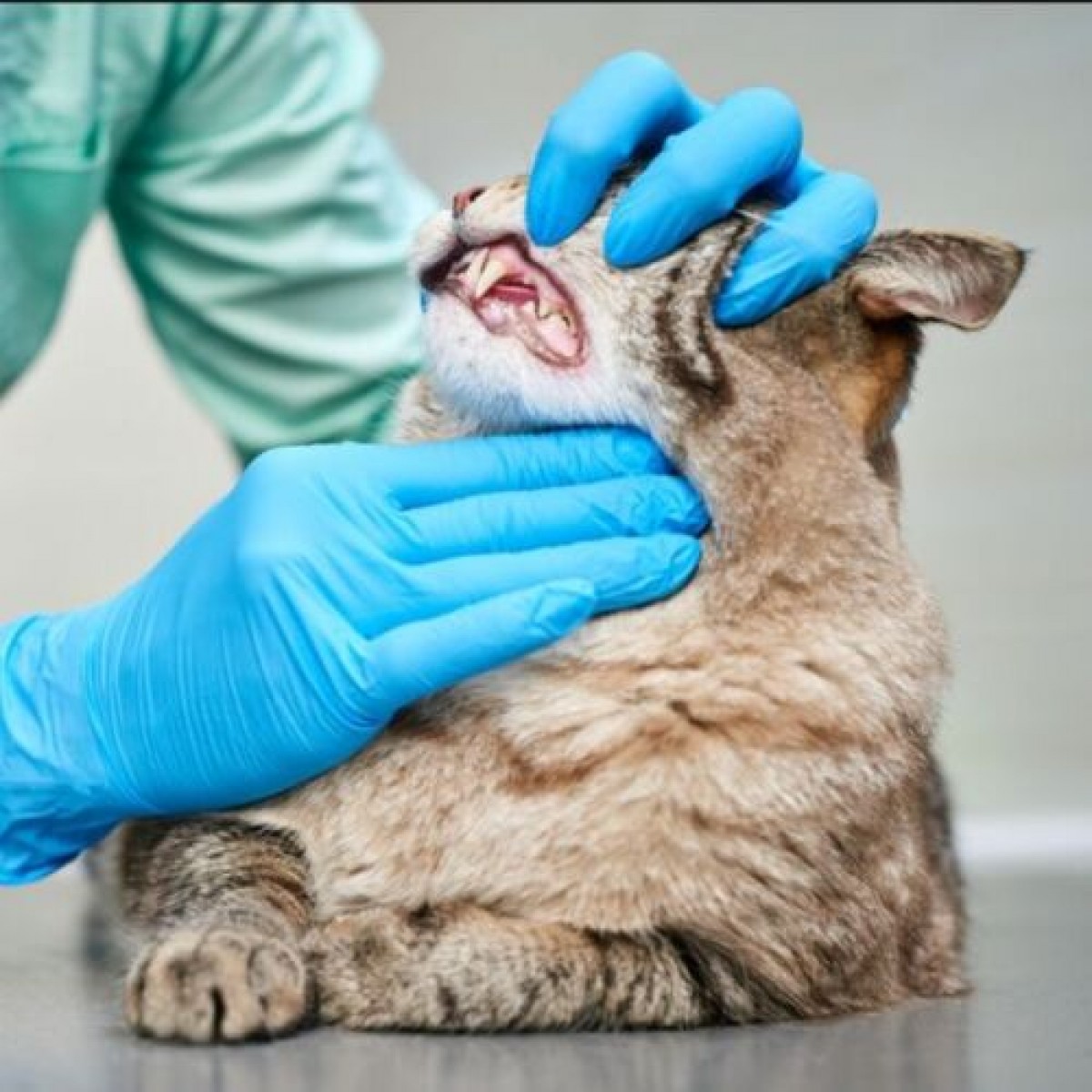

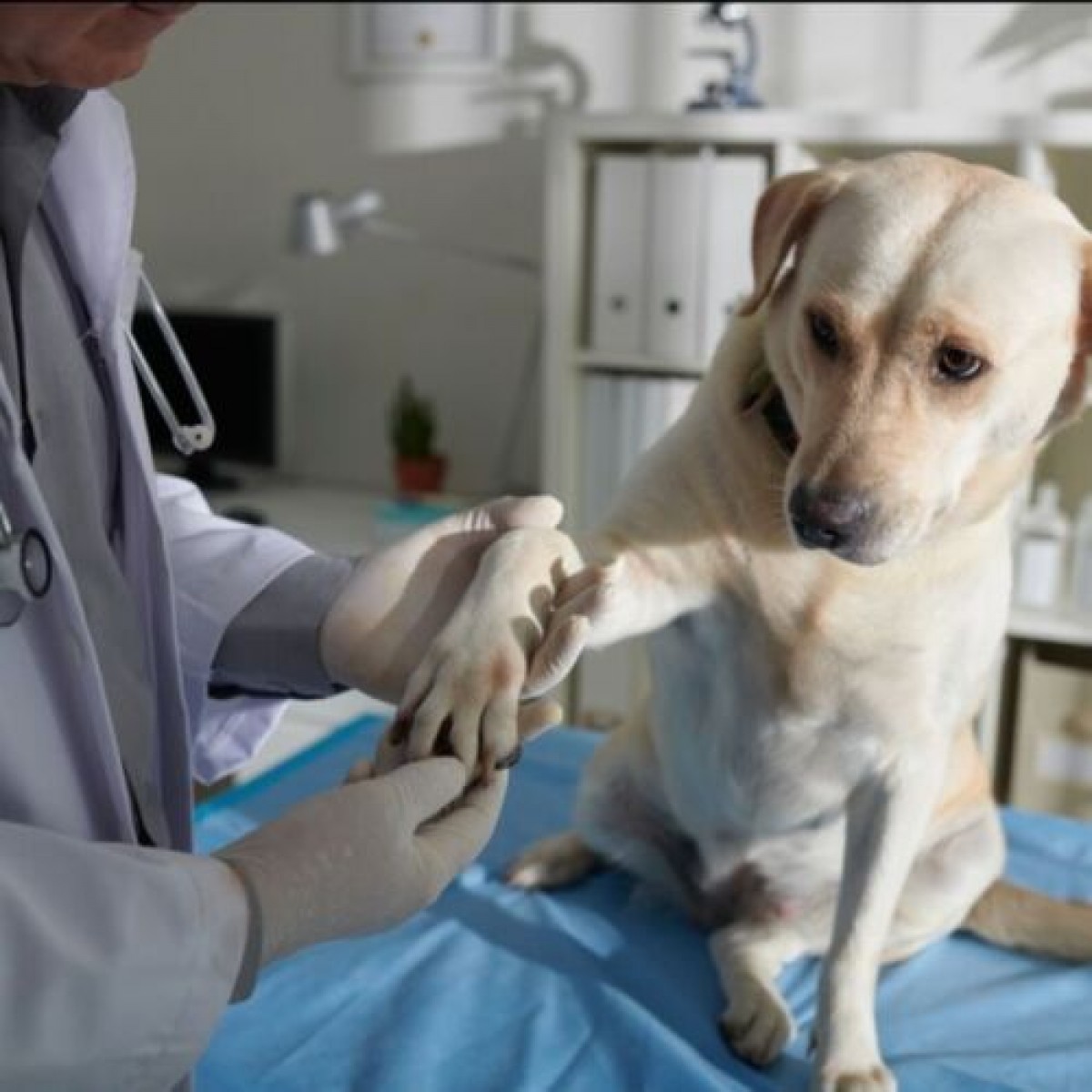
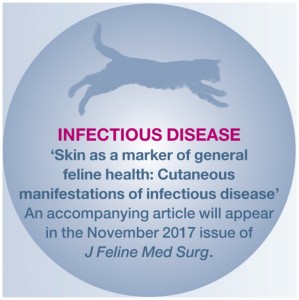
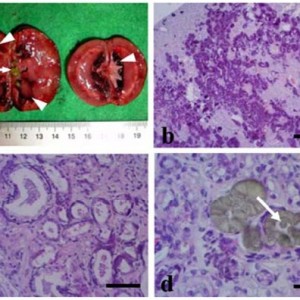
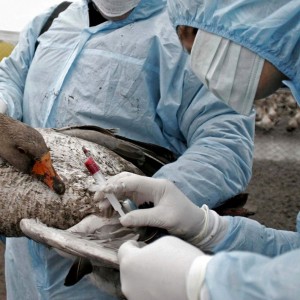

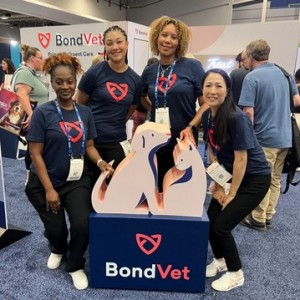

List
Add
Please enter a comment